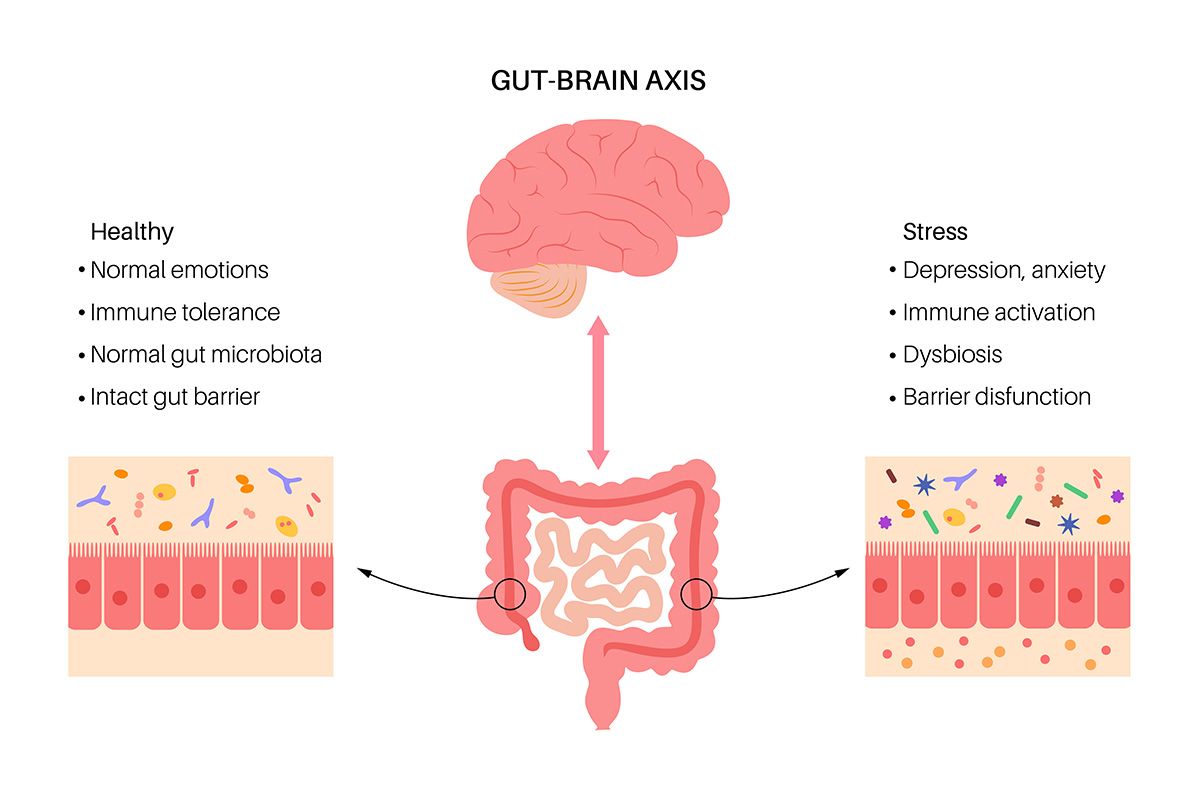
Reviewed and Updated: October 30th, 2024
The gut-brain connection is a hot topic in health research, and for good reason. Scientists are discovering that the link between your gut and brain is far more powerful than previously thought. Maintaining a healthy gut doesn’t just support digestion—it can profoundly impact your mood, mental clarity, and emotional well-being. But how exactly does this work? And what lifestyle changes can you make to support this vital connection?
In this article, we’ll break down the science of the gut-brain link and provide practical steps you can take to keep your gut—and your brain—thriving.
What is the Gut Brain Connection?
The gut-brain connection, often referred to as the "gut-brain axis," is the communication network between your digestive system and your brain. This connection isn’t just about digestion; it plays a significant role in your emotional and cognitive health. Your gut and brain communicate through various channels, including nerves, hormones, and biochemical messengers like neurotransmitters.
This bidirectional relationship means that what happens in your gut can affect your brain, and vice versa. For instance, stress can cause digestive issues, while gut imbalances can lead to mood changes. Understanding how these systems work together is key to unlocking better overall health.
Body Systems Involved in the Gut-Brain Axis
The Enteric Nervous System (ENS)
The ENS, sometimes called the "second brain," is a complex network of neurons lining your gut. It plays a major role in regulating digestion, from controlling muscle contractions to releasing digestive enzymes. But beyond digestion, the ENS communicates directly with your central nervous system, sending signals to and from your brain. This connection means that the ENS can influence your mood and mental health, just as much as it controls your stomach.
Gut Microbiome
Your gut microbiome is the community of trillions of bacteria, fungi, and other microbes that live in your digestive tract. These microbes aren’t just passive residents; they produce many important chemicals, including neurotransmitters like serotonin, which regulates mood. An imbalanced microbiome can lead to inflammation, which has been linked to mental health conditions like anxiety and depression. Each type of gut microbe sends specific messages to the brain and influences our behavior. In a recent meta-analysis study it is said that Parkinson’s disease and inflammatory bowel disorder (IBD) are correlated since the disturbances of IBD can lead to the development of Parkinson’s as high as 40% of the cases.
Vagus Nerve
The vagus nerve is one of the longest nerves in the body, running from your brainstem to your abdomen. It acts as a communication superhighway, sending information back and forth between the gut and the brain. This nerve helps regulate heart rate, digestion, and even mood. Stimulating the vagus nerve through practices like deep breathing can have a calming effect on both your mind and your digestive system.
What is the Purpose of the Gut-Brain Connection?
The gut-brain axis (GBA) serves several essential functions involving neuro-immuno-endocrine mediators. Primarily, it helps maintain homeostasis, or balance, within the body. It regulates digestion, controls inflammation, and influences both emotional and cognitive states. This intricate communication system ensures that your brain is aware of what’s happening in your gut, allowing the body to adjust its processes accordingly. This connection also helps explain why we often "feel" emotions in our gut, like butterflies in the stomach when anxious or a gut-wrenching sensation during stress.
The GBA comprises the central nervous system (CNS), the autonomic nervous system (ANS), the enteric nervous system (ENS) and the hypothalamic pituitary adrenal (HPA) axis. The autonomic system, comprising the sympathetic and parasympathetic branches, governs both afferent signals from the intestinal lumen—transmitted through enteric, spinal, and vagal pathways to the central nervous system (CNS)—and efferent signals from the CNS to the intestinal wall. The hypothalamic-pituitary-adrenal (HPA) axis is a key component of the stress response, coordinating how the body adapts to various stressors. This axis is part of the limbic system, an area of the brain essential for memory and emotional regulation.
Environmental stressors and increased levels of systemic pro-inflammatory cytokines activate the HPA axis, triggering the hypothalamus to release corticotropin-releasing factor (CRF). This, in turn, prompts the pituitary gland to secrete adrenocorticotropic hormone (ACTH), leading to the release of cortisol from the adrenal glands. Cortisol, a primary stress hormone, impacts multiple organs, including the brain. Consequently, both neural and hormonal pathways enable the brain to influence the function of intestinal effector cells—such as immune cells, epithelial cells, enteric neurons, smooth muscle cells —all of which are also influenced by the gut microbiota.
What Types of Bodily Functions Does The Gut-Brain Connection Affect?
Cognition
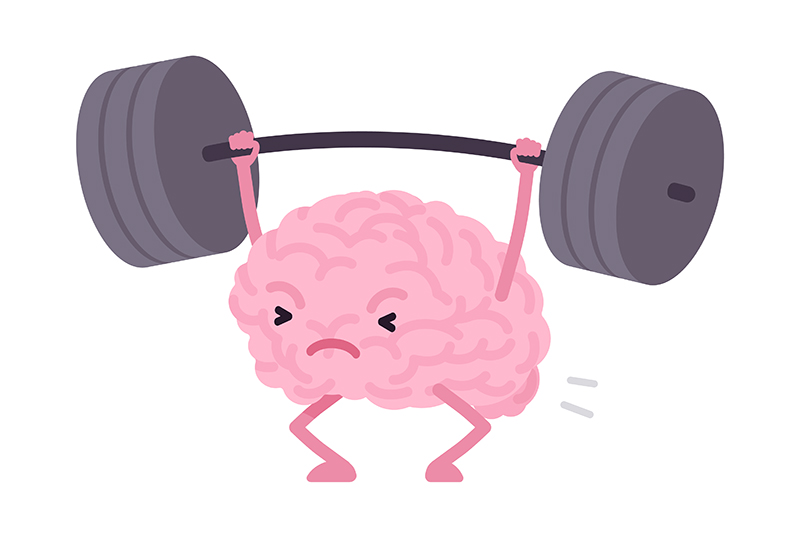
The health of your gut can affect cognitive functions like memory and concentration. Research shows that gut inflammation can impair cognitive performance, while a balanced gut can improve mental clarity and focus.
Mood
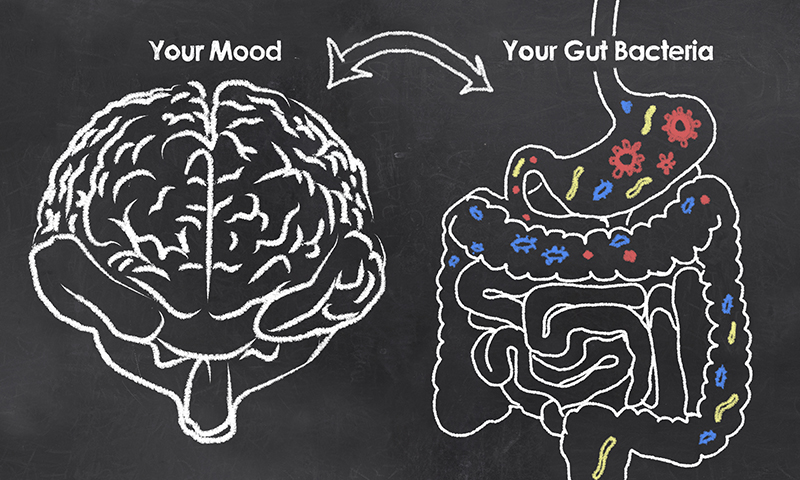
Your gut produces up to 90% of your body’s serotonin, the "feel-good" hormone. An unhealthy gut can lead to mood disturbances, including depression and anxiety, while a healthy gut promotes emotional stability. This is why it is important to promote good gut health including prebiotics and probiotics in our diet and avoid foods that alter gut bacteria, such as artificial sweeteners, refined sugars, and trans fats.
Hunger
The gut-brain axis plays a significant role in hunger and satiety. Hormones like ghrelin and leptin are regulated by the gut and influence respectively when you feel hungry and when you're full. Ghrelin controls appetite for a short term and leptin controls weight control in the long term.
Stress

Stress affects the gut by altering the balance of gut bacteria and causing digestive issues like bloating or diarrhea. Also, immune cells play a stressor role to the gut and when triggered by inflammation, they exacerbate pathogenic bacteria causing imbalance and leaky gut. In turn, an unhealthy gut can make you more susceptible to stress, creating a vicious cycle.
Immunity
Your gut is home to a large part of your immune system. A healthy gut can protect you from illness by regulating immune responses, while an imbalanced gut can increase your susceptibility to infections and inflammation.
Is There a Connection Between the Gut-Brain Axis and Neurological Conditions?
Emerging research suggests a strong connection between gut health and neurological conditions such as Alzheimer’s disease, Parkinson’s disease, and even autism. Scientists believe that inflammation in the gut can lead to neuroinflammation, which impacts brain function and contributes to the development of these conditions. While this research is still ongoing, it underscores the importance of maintaining a healthy gut to prevent long-term neurological issues.
What Can I Do to Nurture My Gut-Brain Axis?
So, what can you do to maintain a healthy gut-brain connection? Here are a few tips:
Eat a Gut-Healthy Diet: Incorporate plenty of fiber, fruits, vegetables, and whole grains. Foods rich in prebiotics (like garlic and onions) and probiotics (like yogurt and kefir) help support a healthy microbiome. Check out our blog "Gut Healthy Hacks for a Healthier You" for more tips.
Manage Stress: Chronic stress can wreak havoc on your gut. Practices like yoga, meditation, and deep breathing can help stimulate the vagus nerve and reduce stress. Here are some ways to Destress.
Stay Hydrated: Drinking plenty of water supports digestion and helps maintain the balance of gut bacteria.
Exercise Regularly: Physical activity has been shown to improve gut health by increasing the diversity of gut bacteria, which is beneficial for mental health as well.
Limit Processed Foods and Sugars: Processed foods and excess sugars can upset the balance of your gut microbiome, leading to inflammation and poor health outcomes. Here is some guidance on how to cut back on sugar.
Gut Healthy Supplements
Acidophilus and Bifidus contains a potent dose of healthy probiotic strains to support optimal gut functioning.
ChewyZymes provides broad-spectrum digestive enzymes to break down fats and proteins for optimal digestion.
Bottom Line
In conclusion, the gut-brain connection is a vital part of maintaining emotional and cognitive well-being. By taking steps to nurture your gut health, you can improve your mental clarity, mood, and overall well-being. Small changes in diet and lifestyle can make a big difference in keeping this communication system functioning smoothly.
* This article is for informational purposes only and doesn’t constitute medical advice. For immediate health concerns, please consult your physician.
These statements have not been evaluated by the Food and Drug Administration. Products are not intended to diagnose, treat, cure or prevent disease.
© 2024 Best in Nature All rights reserved






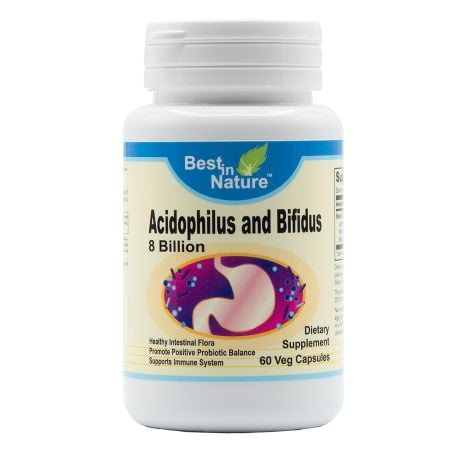
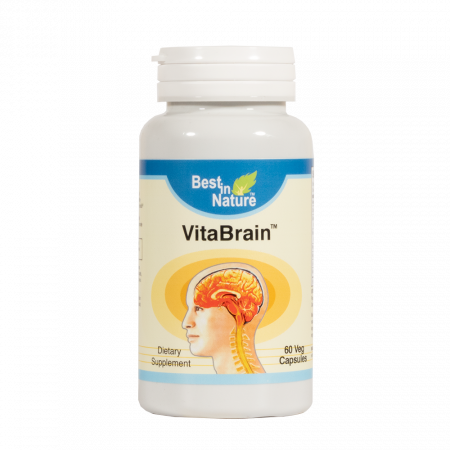

Validate your login
Sign In
Create New Account